
views
New Delhi: India may pull out of the next year's London Olympics as its athletes have raised eyebrows over the Games' Organising Committees' controversial deal with the Dow Chemical.
According to a report in the British daily the Independent, the Olympic Committee has one week to talk to the Indian Olympic Association (IOA) to resolve the issue as on December 5 athletes and sports bosses in India will meet to vote on walking out of the London Games.
The former Olympics minister of Britain, Tessa Jowell, who has appealed to the Organising Committee to cancel the deal with Dow, is expected to travel to Delhi this week to seek views from ministers and athletes.
"There is a point at which you have to say you cannot take the reputational risk," Ms Jowell told the daily.
Dow Chemical - under fire in India for its ownership of Union Carbide, whose Indian subsidiary was responsible for the Bhopal industrial disaster, one of the world's worst, estimated to have killed up to 25,000 people and injured over half a million.
Both the British and Indian governments will be asked to intervene to stave off the boycott as international outrage from politicians, athletes and human-rights groups mounts.
Dow has a $1bn deal with the International Olympic Committee. But it is the London Games' recent awarding of a much smaller £7m sponsorship deal to Dow, allowing it to "wrap" the stadium in company fabric - and giving the chemical giant a global media profile next summer - that has outraged some athletes and politicians in India.
The Chief Minister of Madhya Pradesh, the state of which Bhopal is the capital, Shivraj Singh Chauhan demanded the Indian government to support an athletes' boycott if the Dow deal continues.
"The funds intended for sponsoring the Olympics would be far better spent in alleviating the misery suffered by the people of Bhopal," the chief minister said.
He also intends to take up the issue with the concerned authorities in the corridors of power in Delhi.
The 1984 gas disaster dogs Dow through its full ownership of Union Carbide Corporation, whose subsidiary Union Carbide India ran the Bhopal pesticide plant.
Dow bought Union Carbide in 2001 and insists that the legal claims surrounding the incident were resolved long before it acquired the company - which the London 2012 organising committee accepts.
Dow also claims the $470mn paid by Union Carbide in 1991 to the disaster victims was final, although this is being contested in the Indian Supreme Court.










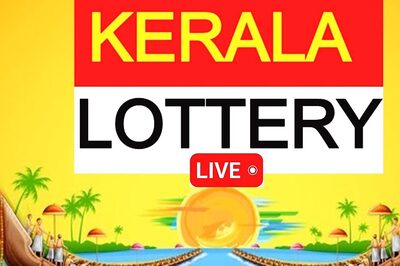
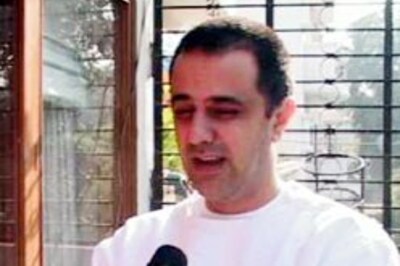

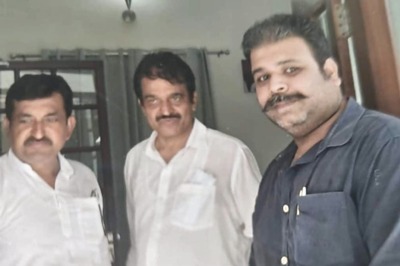

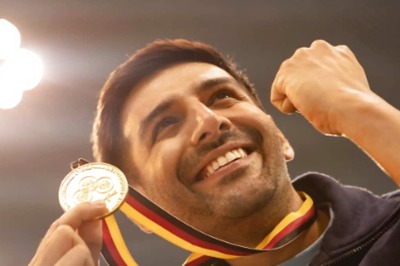

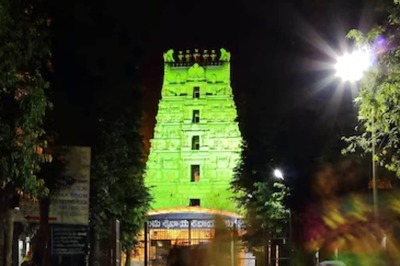
Comments
0 comment